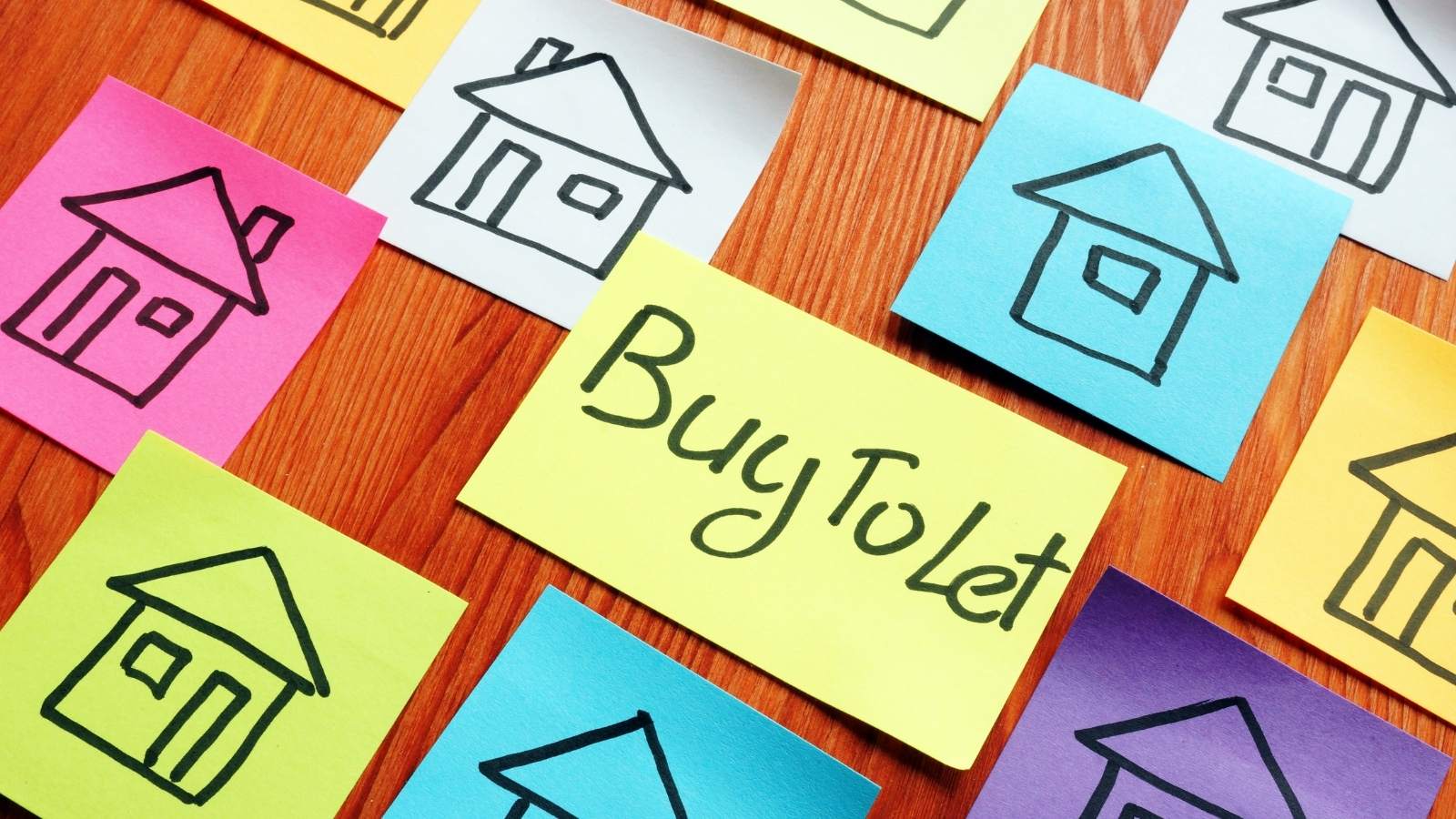Are you interested in investing your money? Then a Buy to Let (BTL) Mortgage might be perfect for you.
Buy to Let Mortgages can be a great source of income, but you should ask yourself, is it suitable and realistic for me? If you are thinking of buying a property to rent out or maybe you have inherited a property that you don’t want to live in, becoming a landlord could be a great investment. Although, you must plan a Buy to Let Mortgage very carefully as it could be a risky venture if you don't have all the facts.
In this blog, I have explained a few things that you MUST know about Buy to let Mortgages.
What is a Buy to Let Mortgage?
A Buy to Let Mortgage is the ‘purchase of a property that you will rent out to someone else’, and if you chose to rent out your property you need a Buy to Let Mortgage.
As you will be given the Buy to Let Mortgage loan, this means you can buy the property as an investment without needing to save up the full amount to buy it outright. Although you won’t have to buy the property outright you will have to provide a deposit of at least 25%.
Once this has been done you then act as the landlord for those who rent the property, and you charge them rental payments; Which are made to cover the price of the mortgage and other costs.
How to get started with Buy to Let Mortgages
- Decide if you can afford to invest in property and if it is right for you.
- Carefully choose a property that is within your budget, desirable to renters, and one that you are likely to make a profit from.
- Get advice from a financial advisor or Mortgage Broker at Mortgage Propeller who is more than happy to help.
Who can get a Buy to Let Mortgage?
You can apply for a Buy to Let mortgage but it doesn’t mean you will be successful.
Every lender has different conditions that need to be met for Buy to Let mortgages, and they will only approve your application if they believe that you can afford it.
They may consider:
- How much rental income do they expect you will get from the property
- Your financial circumstances
These will also affect how much they will be willing to lend to you, which is why they look at other things too. Such as your credit score, your income, outgoings, existing debts, and the amount of deposit you are willing to offer.
How to make money from Buy to Let Mortgages
When you are renting a property, you need to ensure that the amount you are charging covers the mortgage repayments, and you should think about making some profit too.
First of all, the rent you charge should be more than the amount of the monthly mortgage payments, as recommended by the ‘Money Helper’. You may also want to be able to make some profit as well as considering costs such as repairs and letting fees.
You could also make a potential profit by selling your property for more than you originally paid for it. Due to the rate of inflation, the price of the property would have to increase.
What are the risks of Buy to Let Mortgages?
You should avoid investing in a property if you cannot afford to risk losing money. You could end up with problems such as:
- Not being able to find tenants: If you cannot find tenants, you will make no rental income, meaning you will need to pay the Buy to Let Mortgage yourself.
- You need to repair the property: You may need to spend money on fixing the property if it gets damaged.
- You have problem tenants: If they refuse to pay rent or damage your property.
- Interest rates rise: Your costs could increase if mortgage interest rates rise because this will push up the amount you need to repay each month.
- House prices fall: If you took out a buy to let mortgage and eventually sell the house for less than the mortgage amount you took out, you could make a loss. You will have to pay off the rest of its balance yourself.
How much does Buy to Let Mortgages cost?
Buy to Let Mortgage costs and fees are very similar to the regular mortgage fees. You have to pay all of the same costs of buying a property for yourself like mortgage and solicitor fees.
Some fees are likely to be higher than on a normal mortgage:
- The deposit: Many lenders require a deposit of at least 25%, and some need even more.
- Mortgage fees: Several charges that come with the mortgage, like the arrangement fee, may be higher.

